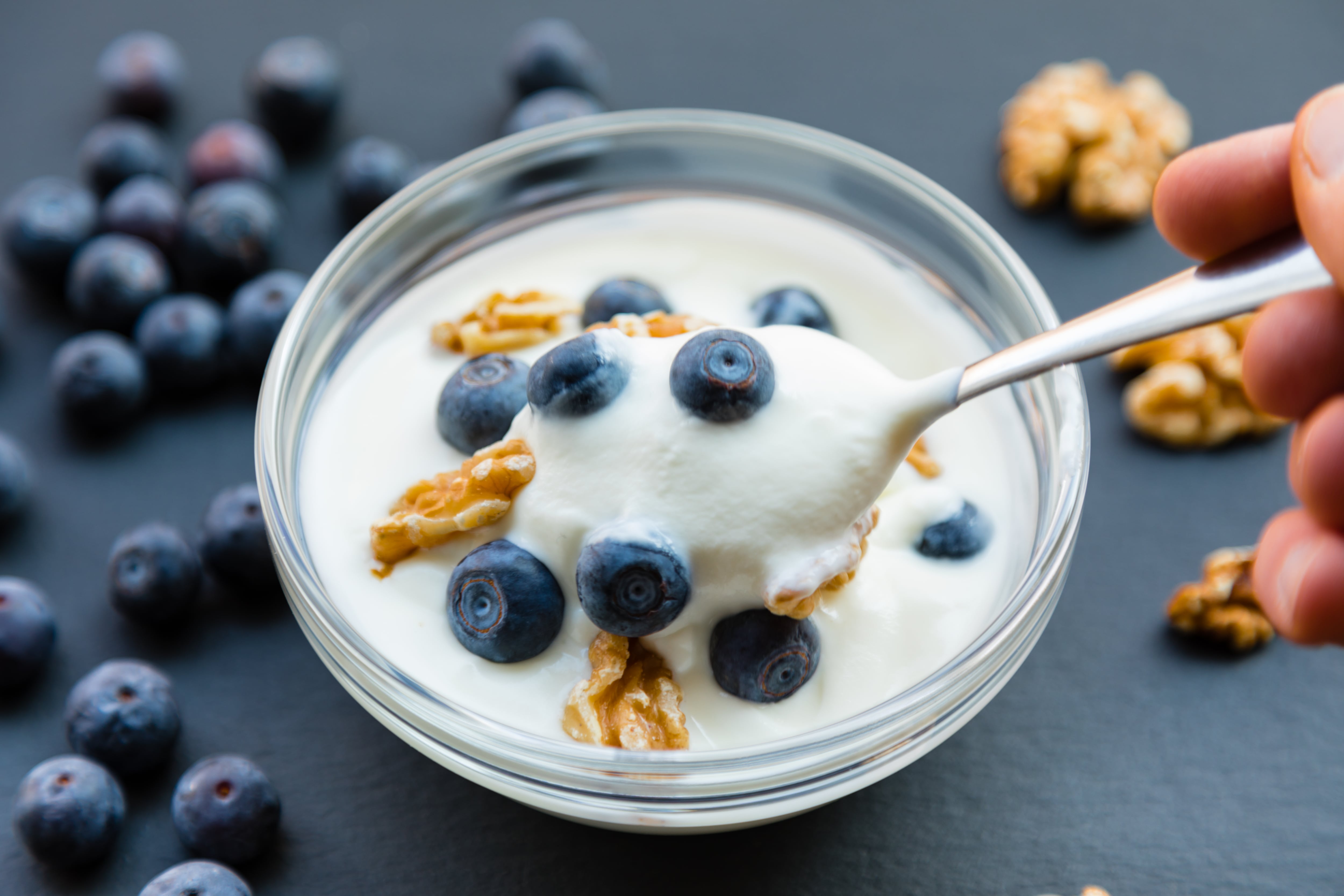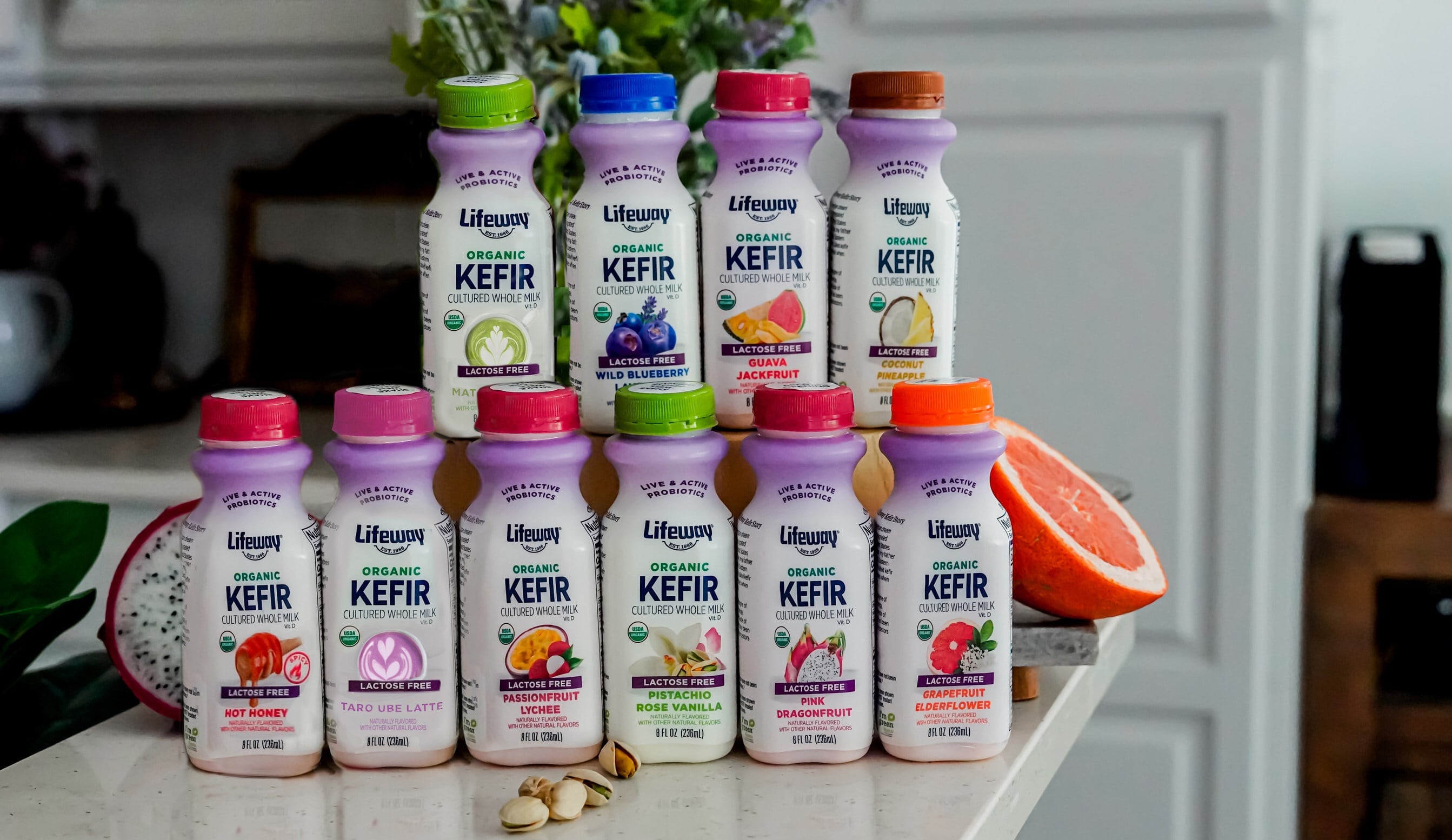Unlike traditional probiotics such as Lactobacillus and Bifidobacterium, next-gen probiotics – or NGPs for short - are recently-isolated microorganisms created and designed to perform specific tasks.
They are currently subject to much R&D in both the food and pharmaceutical sectors. To ensure their safety and effectiveness, NGPs must be put through extensive testing and clinical trials.
But their benefits could be far-reaching. NGPs can be used for personalized probiotic therapies, involvement in synthetic biology and gene editing, participation in combination therapies, targeted delivery methods, and application in therapeutic settings.
In the food space, they could be used to offset certain microbiome deficiencies and help brands formulate superior functional foods.
Danone’s gut microbiome fellowship grant opens for entries
Danone North America is looking for the next breakthrough in gut health research as part of its annual fellowship grant program.
The company will award $25,000 each to two graduate students wishing to study the links between the microbiome, probiotics and yogurt in supporting and maintaining health and wellness. Previous award winners have explored these links, such as the effects of probiotics on metabolism, how the early-life microbiota protects against obesity, how gut bacteria and food intake influence brain development, and more.
Applicants must be at least 18 years of age, show proof of US residence and be able to utilize the scholarship funds during the 2025 academic year at an accredited US institution.
For more information, visit: fellowship-application.danonenorthamerica.com
For dairy major Danone, studying how specific probiotics impact the microbiome and the microbiota is a major interest – and next-gen probiotics could offer a possible route to creating next-level functional dairy products that can target specific health outcomes for consumers.
Miguel Freitas, PhD, VP of Health and Scientific Affairs at Danone North America, suggested that this still-nascent field of microbiology could one day inform the development of probiotic-enhanced foods that can balance out the gut in order to better support heart health or aid weight management.
“Some of the most exciting areas of research are focused on studying the impact of specific probiotics in improving or helping balance the microbiome and microbiota,” he told us. “Next-generation probiotics should be selected for their ability to complement gut microbiome deficiencies or disbalances.”
To this end, studying the gut in greater depth is key.
“For example, the recent discovery of key gut microbiota-derived metabolic end products will facilitate the design of this new generation of functional foods.”
Miguel Freitas, PhD
“The more widespread use of gut microbiota profiling will also make it easier to identify the individuals most likely to benefit from such functional foods and dietary guidance,” he said.
Meanwhile, dairy foods are ‘ideal vehicles’ for probiotics because milk and milk fat help buffer harsh stomach acid, increasing the likelihood that beneficial microorganisms will reach the regions of the intestinal tract where they can confer health benefits, he added.
“And in terms of trends, in the past decade, there has been a rise of new tools such as DNA and RNA sequencing, metabolomics, gnotobiology, in vitro gut models that allow us to better explore the molecular events linking gut microbes to health, including effects of probiotics.
“These new techniques will also allow us to select new biotics based on the potential benefits to the gut microbiota. In the case of gut health and the study of the microbiome, the more we learn and disrupt, the more health knowledge the public will have.”
This knowledge would also be key to advancing personalized nutrition solutions. “One of the future challenges in the field of nutrition will be to personalize nutrition and take into account the gut microbiota,” Dr. Freitas said.
“In the near future, we can conceive that each of us will be able to consume bacteria or specific probiotics that can help improve health or detect risk factors for different disorders at the earliest possible moment, therefore reducing the risk to develop a particular disease.”
NGPs are part of a larger medical nutrition industry trend, offering products that can address certain chronic diseases such as diabetes, cancer, inflammatory bowel disease and other digestive disorders, as well as obesity - although further research is required to make strong conclusions of these benefits, he added.
“We expect the global NGPs market to grow significantly, given consumer demand for personalized health solutions. The potential for crossover between food, NGPs and pharmaceutical solutions is promising,” he concluded.
Sources:
Abouelela ME, Helmy YA. Next-Generation Probiotics as Novel Therapeutics for Improving Human Health: Current Trends and Future Perspectives. Microorganisms. 2024 Feb 20;12(3):430. doi: 10.3390/microorganisms12030430. PMID: 38543481; PMCID: PMC10972033.
Singh T.P., Natraj B.H. Next-generation probiotics: A promising approach towards designing personalized medicine. Crit. Rev. Microbiol. 2021;47:479–498. doi: 10.1080/1040841X.2021.1902940.




